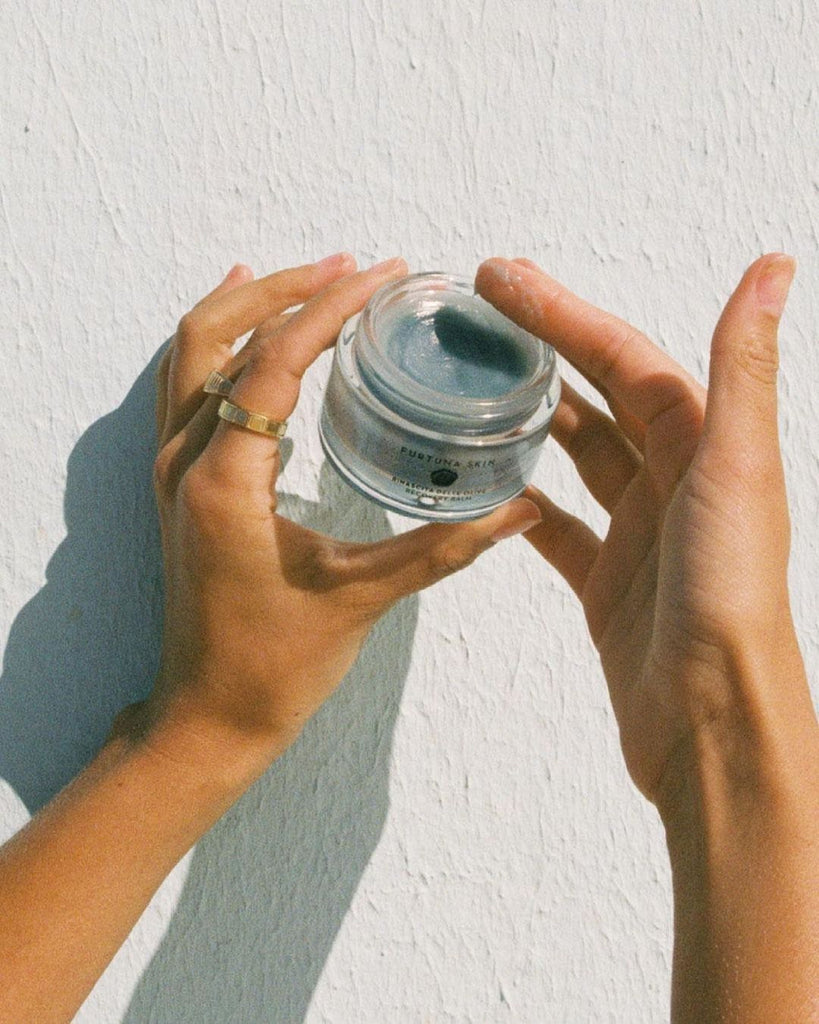Navigating the world of skincare can be confusing for many individuals, especially in light of the many technical terms floating around that describe procedures, treatments, care products, and more. Two of the most commonly encountered technical jargon include the terms aesthetician and esthetician. It’s natural for most people to assume that they are the same thing, but there are actually a number of subtle differences between an aesthetician and an esthetician. Understanding these differences can help you make an informed decision, one that can critically impact your skincare journey.
While both professionals specialize in skin care and perform a similar range of services, their training, licensure, and practices can vary immensely. Understanding these differences is key to making an informed decision about who to trust with your skin.
This article will break down the key differences between an aesthetician and an esthetician and the services they offer and help you decide which professional suits your skin care needs better. Whether you’re looking to learn more about the best way to take care of your skin, address specific skin concerns, maintain a healthy complexion, or indulge in some self-care, this guide will help you make the best choice for your skin.
What Is an Esthetician?
An esthetician describes a licensed professional who specializes in a range of cosmetic procedures, particularly related to the health and wellness of your skin. They are trained in a wide variety of skin treatments, including facials, chemical peels, and microdermabrasion. Their primary focus is improving the appearance and health of the skin by addressing issues such as acne, hyperpigmentation, and fine lines.
Estheticians perform treatments in various settings, such as spas, salons, and dermatology offices. They must complete specific training hours and pass an exam in order to obtain a license. Additionally, estheticians must also participate in ongoing education to maintain their license and stay updated on the latest developments, trends, and techniques in skincare.
What Is an Aesthetician?
Aestheticians are skin care professionals with specialized training in skincare and medical procedures. They are qualified to perform the same skincare services as an esthetician and more advanced procedures such as laser treatments, permanent makeup application, and minor surgical procedures.
Aestheticians often work in medical settings and specialize in medical treatment or procedures. They work alongside dermatologists or plastic surgeons and play a crucial role in helping patients with skincare before and after surgical procedures. They may also assist in more advanced skin treatments such as Botox or filler injections.
Like estheticians, aestheticians are required to complete a specific amount of training and pass a licensing exam. However, their training often includes additional coursework and hands-on experience in medical procedures.
What Do Estheticians Do?
Estheticians are dedicated to helping clients improve and maintain the health and appearance of their skin. They provide a variety of non-invasive treatments such as facials, superficial chemical peels, microdermabrasion, and waxing.
Estheticians often start with skin analysis and recommend appropriate treatments and skincare products. They also guide daily skincare routines and suggest lifestyle changes that benefit the skin. Moreover, estheticians often work in beauty salons, but they may also operate their own businesses or work in retail settings where they sell skincare products online.
What Do Aestheticians Do?
Aestheticians offer a wide range of services that go beyond traditional skincare treatments. They are trained to perform advanced procedures such as LED Light Therapy, Oxygen Therapy, Hydrafacial, JetPeel, Coolifting, Oxygen Infusion, Cryotherapy, No-Down Time Chemical Peels, and customized masks.
These treatments are designed to address various skin concerns, from reducing signs of aging to treating acne and hyperpigmentation. A beauty aesthetician may also assist in minor medical procedures and provide pre and post-operative care for patients undergoing cosmetic or surgical procedures.
Their advanced training allows them to work in medical settings. Their expertise in both the aesthetic and medical aspects of skincare makes them a valuable asset in any skincare team.
Major Differences Between Aesthetician and Esthetician: The Skincare Specialists
Work
Estheticians specialize in beauty treatments designed to enhance the appearance and health of the skin. Their work includes facial treatments, body wraps, and hair removal.
Aestheticians, on the other hand, often work in medical settings like dermatology clinics and plastic surgery offices. They are qualified to perform advanced procedures, such as laser treatments and chemical peels, and assist in minor surgeries.
Roles and Responsibilities
Estheticians focus on beautifying the skin. Their responsibilities include conducting skin assessments, recommending skincare products, and performing facials and other skincare treatments. They may also provide makeup applications and advice on maintaining healthy skin.
Aestheticians, however, have a more medical-oriented role. They work as associated skin care professionals and offer more advanced treatments. They provide pre- and post-operative care and perform advanced skin treatments. Their responsibilities also include assisting doctors in minor surgical procedures and helping patients with skin recovery.
Working Sector
Estheticians are commonly found in the beauty and wellness sector, working in salons, spas, and wellness centers. Their primary focus is on providing beauty treatments to enhance the appearance of the skin.
Aestheticians, on the other hand, are often employed in the medical sector, working alongside doctors and other medical professionals in dermatology clinics, plastic surgery offices, and other medical facilities. They provide specialized skin treatments and assist in medical procedures to address various skin concerns.
Training and Requirements
The training and requirements for becoming an esthetician or an aesthetician vary significantly due to their different scopes of practice. Estheticians typically attend beauty school, where they learn about skincare, beauty treatments, and makeup application. Their training involves understanding the skin's anatomy, learning about various skin conditions, and mastering beauty treatments like facials and waxing.
Aestheticians, on the other hand, receive more advanced training, often requiring them to attend medical esthetician school. Their training includes advanced skincare treatments, such as chemical peels, laser therapy, and assisting in minor surgeries. They also learn about pre and post-operative care and how to work alongside medical professionals.
License and Certification
Both estheticians and aestheticians are required to be licensed to practice, but the requirements vary by region and scope of practice. Estheticians usually need to complete a certain number of hours of training at an accredited beauty school and then pass a state licensing exam. The exam typically includes both a written and practical component.
Aestheticians, on the other hand, often have more stringent licensing requirements due to their advanced scope of practice. They usually need to complete additional hours of training, often in a medical setting, and pass a more comprehensive licensing exam. Some regions also require aestheticians to obtain additional certifications to perform specific advanced treatments.
Conclusion
Both aestheticians and estheticians play a crucial role in skincare and beauty, but they operate in different capacities. An esthetician is a skincare professional trained to perform beauty treatments like facials, exfoliation, and hair removal, while an aesthetician is a specialized skincare professional with advanced training to perform medical-grade skincare treatments and assist in minor surgical procedures.
The choice between an aesthetician and an esthetician depends on your skincare needs and goals. If you are looking for routine skincare treatments to maintain healthy skin and enhance your appearance, an esthetician would be a great fit. However, if you have specific skin concerns that require medical intervention or are seeking advanced skincare treatments, an aesthetician would be more suitable. Remember, both professionals are trained and licensed to ensure your skin receives the best care possible.
Hence, doing your own research is key to determining the services you require. In case you need further assistance, you can also get in touch with a dermatologist to seek advice and take appropriate measures to improve your skincare routine.



